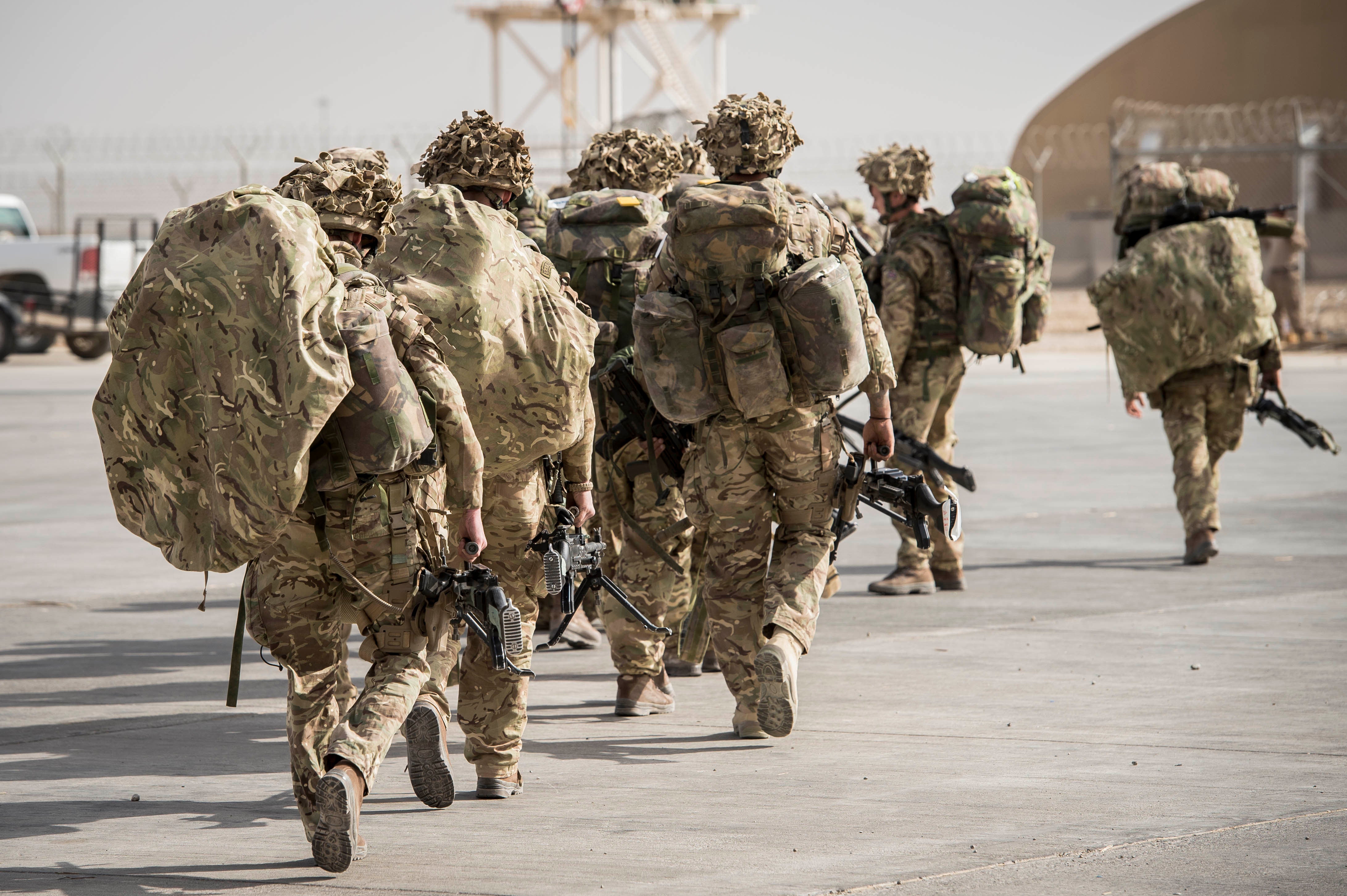The government’s treatment of Afghan heroes continues to be unforgivable
Editorial: A commando who served with British forces has been left languishing in a Worcester hotel for a year and a half

The Independent’s position on Britain’s role in the US-led intervention in Afghanistan between 2001 and 2021 has been nuanced. We backed the initial phase, of supporting the Afghan Northern Alliance in its overthrow of the Taliban. The Taliban’s sheltering of Osama bin Laden was an affront to the rule of international law.
We recognised that a government better representing the people of Afghanistan would need outside support for a long time. That support was provided, and a great deal was achieved in the 20 years, especially in the education and empowerment of girls and women. However, it became clear that the military strategy for holding the Taliban at bay was flawed, and The Independent became an early advocate of the withdrawal of Western combat forces.
The actual withdrawal – of forces that by then were in an almost exclusively support role – was handled badly by the US administration of Joe Biden, although it had been put in a difficult position by the reckless setting of an exit date by the outgoing Donald Trump. Better US statecraft might have been able to sustain a non-Taliban government in Kabul indefinitely without Western troops in combat roles.
That is all history now. There remain important questions about how the international community best incentivises the totalitarian Taliban theocracy to tolerate at least some human rights but there is one vital question left over from the legacy of Western military engagement for those two decades.
The United Kingdom has given sanctuary to about 25,000 people from Afghanistan since the withdrawal from Kabul, which is right and good, but it is less than the minimum that is required to discharge our responsibility to the Afghan people.
In particular, The Independent has campaigned for the UK government to be more unstinting in recognising the obligation that we owe to brave Afghans who fought alongside our troops. We succeeded last year in shaming the Home Office into granting leave to remain in the UK to an Afghan pilot who had flown combat missions with the British and US air forces. Sadly, the Home Office conceded in the most grudging way possible, when it could have proudly stepped up to declare the UK looks after people who have risked their lives alongside British forces.
Even more sadly, there are many other cases of Afghan heroes who have been let down by the British government, and The Independent will continue to campaign for them to be treated as they should be. We report, for example, on the case of Habibullah (not his real name), who served in Commando Force 333, an elite Afghan fighter unit set up, trained and funded by the British. Unable to board a UK evacuation flight during the chaotic withdrawal from Kabul, and in fear for his life, he fled to Iran and eventually made it to Britain, crossing the Channel in a small boat – there being no other way to get here.
For the last year and a half, he has lived in a hotel in Worcester, provided with £9 a week as he waits for a decision on his claim for refugee status. As an asylum seeker, he is not allowed to work, so someone who contributed to the British military and who could contribute to British society is forced to waste his days in a shared hotel room.
His case – and those of many others – shame the UK. The Independent does not believe, as the government appears to, that a generous and respectful treatment of all those who verifiably served with British troops in Afghanistan would open the way to an unacceptably large number of claims. On the contrary, it is the least that this nation owes these brave people.



Join our commenting forum
Join thought-provoking conversations, follow other Independent readers and see their replies
0Comments